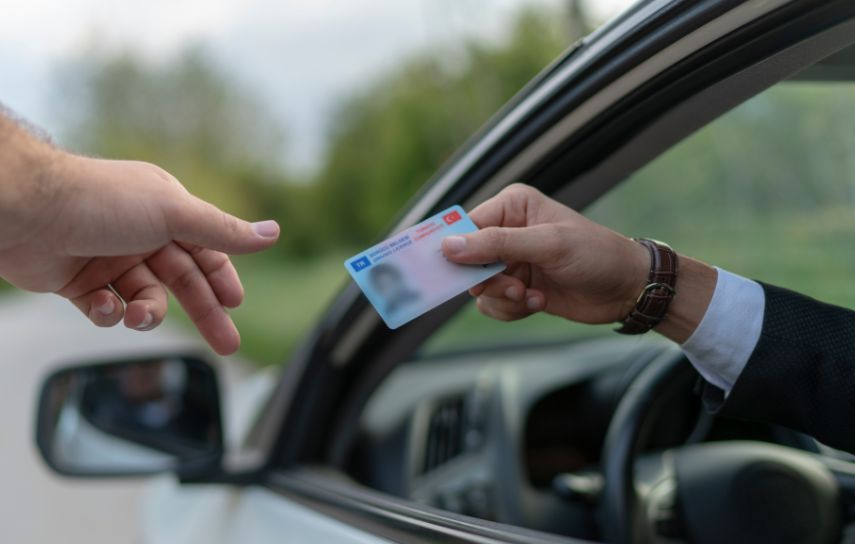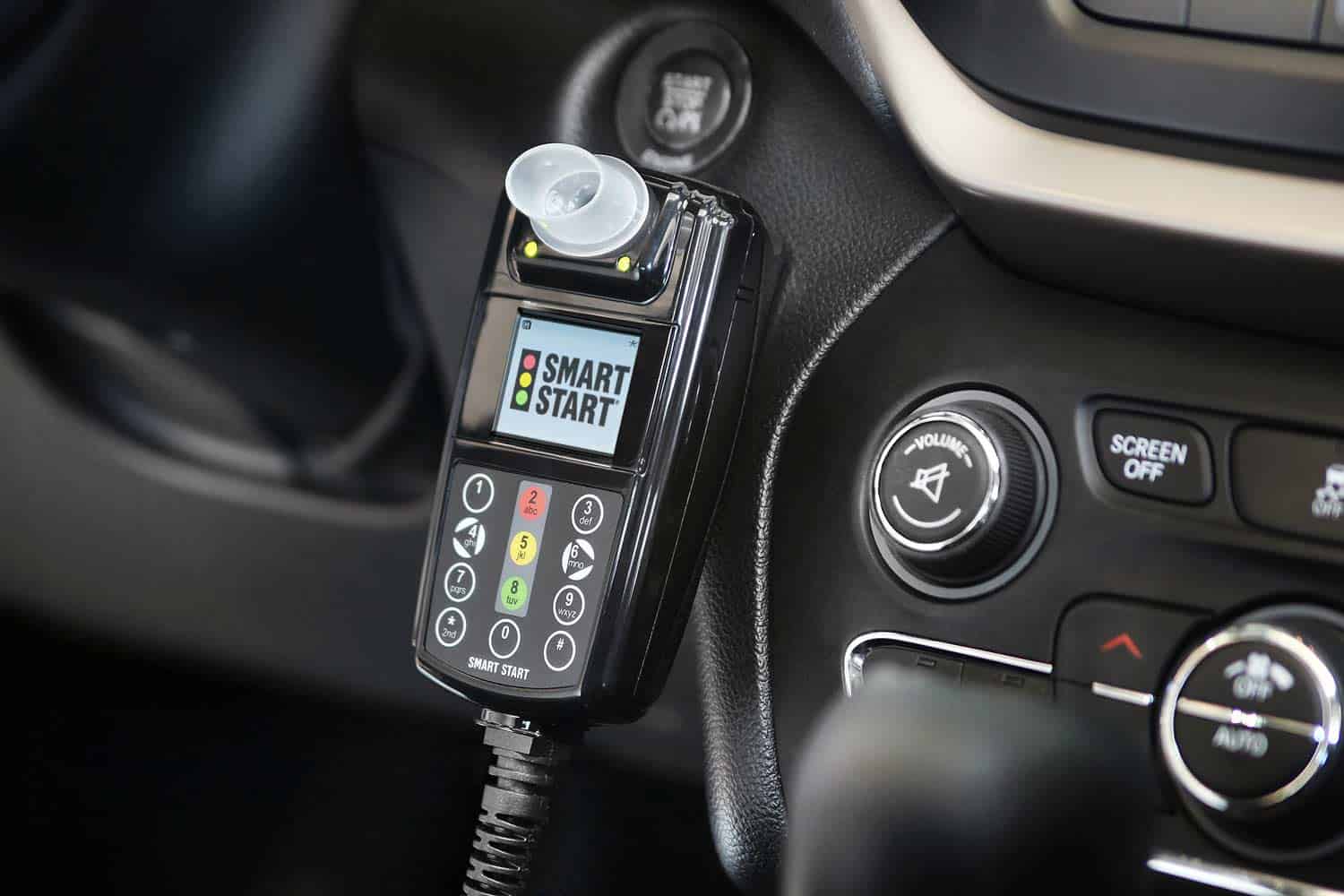If you’re wondering what a first-time DWI conviction will result in, the short answer is this—it’s going to cost you, and not just financially. A lot of people assume that getting charged with driving while intoxicated for the first time is a slap-on-the-wrist offense. Maybe they imagine a fine, some classes, a short license suspension. Then they go back to life as usual.
But that’s not how it works.
A first-time DWI conviction will result in much more than most people expect. It can damage your reputation, disrupt your daily life, and create ripple effects that last for years. In this guide, we’ll walk you through the full picture—penalties, legal process, long-term consequences, and real stories from those who’ve lived through it.
This isn’t just about law. It’s about life. And why your first DWI conviction can turn everything upside down.

What Is a First-Time DWI?
Before diving into penalties, let’s get clear on what we mean by a first-time DWI.
ADWI, or Driving While Intoxicated, is a criminal offense typically defined as operating a vehicle with a blood alcohol concentration (BAC) of 0.08% or higher, or being impaired by drugs—prescription or otherwise.
A first-time DWI means the person has never before been convicted of a similar offense. But even with a clean record, Texas and most other states treat it as a serious charge.
And here’s the thing: just because it’s your first offense doesn’t mean the judge—or the prosecutor—will go easy on you. That’s why understanding what a first-time DWI conviction will result in is critical before walking into any courtroom or negotiation.
Legal Penalties: What a First-Time DWI Conviction Will Result In
Let’s start with the tangible consequences. If you’re convicted, these are the immediate penalties you’ll likely face. Keep in mind that exact penalties vary by state—but in Texas, the consequences are particularly tough.
Fines and Court Costs
A first-time DWI conviction will result in a fine of up to $2,000, and that’s just the beginning. You’ll also have to pay court fees, probation costs, license reinstatement fees, and more.
Altogether, it’s not unusual for someone to spend $5,000 to $10,000 just getting through the legal side of things.
Jail Time
Yes, jail is on the table—even for a first offense. In Texas, you could face 3 to 180 days in jail depending on the circumstances. That range increases if:
- Your BAC was especially high (0.15% or more)
- You had a child in the car
- You were involved in an accident
Many first-time offenders manage to avoid jail through probation, but that depends heavily on your judge, your prosecutor, and your defense attorney.
License Suspension
Another thing a first-time DWI conviction will result in: losing your driver’s license. You could face a suspension of 90 days to a full year. That’s a major disruption to work, family responsibilities, and even basic errands.
In Texas, if you refused a breath or blood test, you might lose your license even before a conviction under the Administrative License Revocation (ALR) process.

Probation and Community Supervision
Instead of jail, many people get placed on probation, also called community supervision. But don’t mistake that for a free ride. You’ll likely have to:
- Report regularly to a probation officer
- Submit to random drug/alcohol testing
- Complete a DWI education program
- Pay supervision fees
- Attend a victim impact panel
Violating any of those terms can result in jail time—even if it’s your first offense.
Real Story: The Unexpected Fallout of a First-Time DWI
Let’s talk about Carlos, a 29-year-old accountant from San Antonio. He had two beers at a company happy hour and drove home feeling completely fine. But he was pulled over for failing to signal. He cooperated fully but blew a 0.10.
Carlos had never been in trouble before. But his first-time DWI conviction resulted in:
- $6,500 in total costs
- A 6-month license suspension
- Mandatory classes every Saturday for 3 months
- 60 hours of community service
- A job demotion due to the conviction appearing on his record
He thought he’d walk away with a fine and be done. Instead, he spent nearly a year climbing back to normal.
What a First-Time DWI Conviction Will Result in Professionally
Most people focus on the courtroom when they get a DWI. But the workplace fallout can be just as damaging. In fact, one of the worst things a first-time DWI conviction will result in is the way it shows up in background checks, licensing boards, and HR databases.
Job Loss or Suspension
Some companies have zero-tolerance policies. Others might not fire you but will pass you over for promotion or leadership roles. Industries hit hardest include:
- Education
- Healthcare
- Transportation
- Government
- Law enforcement
If you drive for a living—whether as a delivery driver, commercial trucker, or rideshare employee—a DWI could end your career overnight.
Professional Licensing Issues
Teachers, nurses, lawyers, pilots, real estate agents, and other licensed professionals may have to report a DWI to their governing boards. That could lead to disciplinary hearings, license suspension, or even revocation.
So yes, a first-time DWI conviction will result in much more than just a courtroom headache—it could threaten your entire livelihood.
What a First-Time DWI Conviction Will Result in Financially
We’ve touched on fines, but the full financial cost deserves its own spotlight. Because once the conviction is in place, the expenses don’t stop.
Higher Auto Insurance Rates
After a DWI conviction, your insurance company will likely classify you as high-risk, even if your record was clean before. Expect your premiums to double—or worse.
Some providers may even cancel your coverage, forcing you to shop for expensive high-risk policies.
Interlock Device Costs
In Texas, the judge may require you to install an ignition interlock device (IID), especially if your BAC was over 0.15%. These devices are expensive, costing around $70–$100 per month to lease and maintain. You’ll need it for months, sometimes over a year.

Ongoing Fees and Penalties
Texas also charges an annual DWI surcharge of up to $2,000 per year for three years through the Driver Responsibility Program (though parts of this have been repealed, some judges still impose similar fees).
Add up the court costs, legal fees, insurance, IIDs, and classes—and you’re easily looking at $10,000+ for a first-time DWI.
Psychological and Emotional Consequences
Now, let’s get honest. Beyond the court dates and bills, a first-time DWI conviction will result in emotional stress and mental tolls that many people don’t talk about.
Shame and Stigma
Being arrested and charged—even if you were barely over the limit—carries a certain shame. You may feel embarrassed in front of coworkers, friends, and family. Some people lose important relationships.
Mental Health Impacts
Anxiety, depression, and panic attacks are common after a DWI arrest. The uncertainty of the outcome, the public nature of the charge, and the constant fear of the future can weigh heavily on anyone—especially first-timers.
You’re not weak if you feel overwhelmed. But you do need support. Therapy, support groups, and even online forums can help.
What a First-Time DWI Conviction Will Result in Legally Long-Term
Even if you survive the initial storm, the conviction stays with you. In most states, a DWI conviction cannot be expunged unless it was dismissed or you were acquitted. That means it remains on your criminal record permanently.
Repeat Offender Consequences
If you ever get charged again, your first conviction comes back to haunt you. In Texas, a second DWI increases the penalties significantly:
- Higher fines
- Longer jail sentences
- Mandatory IID
- Harsher probation
So your first DWI isn’t just a one-time event—it sets the stage for future punishment.
Travel Restrictions
Some countries, like Canada, restrict or deny entry to individuals with a DWI conviction—even if it was your first. You may need a waiver or additional documentation just to travel for business or vacation.
Can You Avoid a Conviction After a First-Time DWI Arrest?
The good news: not every arrest leads to a conviction. That’s why hiring a defense attorney is one of the smartest things you can do.
An experienced DWI lawyer may be able to:
- Challenge the legality of the traffic stop
- Dispute the breath or blood test results
- Negotiate a reduced charge
- Get you into a diversion or deferred adjudication program
- Help you keep your license
Every case is different. But with the right strategy, a first-time DWI doesn’t have to become a lifelong burden.

Final Thoughts: Why Your First DWI Conviction Is a Big Deal
If someone tells you that a first DWI is “no big deal,” they’ve clearly never lived through one. What a first-time DWI conviction will result in isn’t just court dates and fines—it’s a full-blown disruption of your finances, freedom, reputation, and emotional well-being.
The best decision you can make is not to drive while impaired. But if you’ve already made that mistake, the next best decision is to take it seriously—because the consequences absolutely are.
This is your wake-up call. Your chance to reset. Your opportunity to fight for your future and avoid becoming just another conviction statistic. Take it seriously—because the system definitely will.

